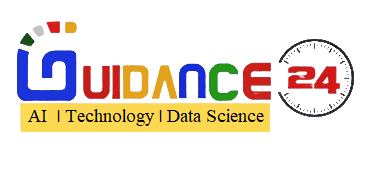Forward and reverse auctions are both valuable tools in procurement and purchasing processes, and utilizing software to facilitate these auctions can offer numerous benefits:
Forward Auction Software Benefits:
- Increased Revenue Potential: Forward auctions allow sellers to maximize revenue by attracting multiple buyers who bid competitively, driving prices higher.
- Market Expansion: Sellers can reach a broader market of potential buyers, including those beyond their typical geographic reach, through online forward auction platforms.
- Efficiency: Automation and digitization of the auction process streamline transactions, reducing the time and resources required for traditional auctions.
- Price Discovery: Sellers can gauge market demand and price points based on real-time bidding activity, facilitating more informed pricing strategies.
- Transparency: Both buyers and sellers have access to transparent information regarding bids, prices, and market conditions, fostering trust and fair competition.
- Scalability: Online auction software allows for scalability, enabling sellers to accommodate a large number of participants simultaneously.
- Reduced Costs: Lower overhead costs compared to traditional auction methods, such as venue rental and staffing, contribute to cost savings.
Reverse Auction Software Benefits:
- Cost Savings: Buyers benefit from competitive bidding among suppliers, driving prices down and potentially securing goods or services at lower costs.
- Efficiency: Automation streamlines the bidding process, reducing administrative overhead and expediting procurement cycles.
- Supplier Pool Expansion: Online reverse auctions attract a larger pool of suppliers, increasing competition and providing buyers with more options and negotiating power.
- Enhanced Supplier Relationships: While the focus is on cost savings, reverse auctions can also foster long-term relationships with suppliers by providing them with a fair opportunity to compete and demonstrate value beyond price.
- Data-Driven Decision Making: Detailed bid analytics and historical data enable buyers to make data-driven decisions regarding supplier selection, contract negotiations, and future sourcing strategies.
- Risk Mitigation: By promoting transparency and competition, reverse auctions help mitigate the risk of supplier collusion and favoritism, ensuring fair and compliant procurement processes.
- Compliance: Automated features can enforce procurement policies and regulations, ensuring that purchasing activities adhere to internal and external compliance standards.
Overall, both forward and reverse auction software offer efficiency, cost savings, transparency, and scalability, making them valuable tools for buyers and sellers alike in procurement and sales processes.

